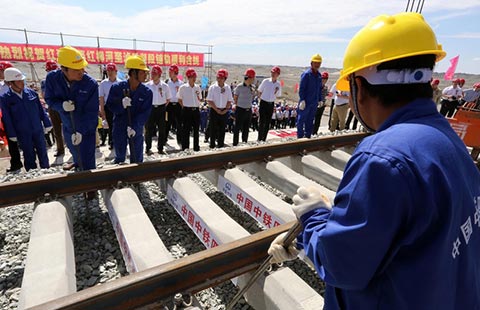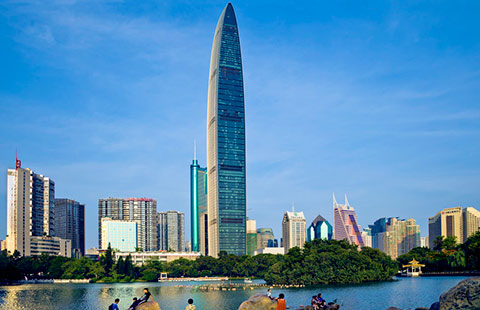Auto manufacturing plants to disappear in Australia
(Agencies) Updated: 2014-07-02 12:09There will be no major automobile manufacturing plants in Australia by the end of 2017, as all three automakers operating factories in that country, including Toyota Motor Corp, have decided to close them down.
Due to the stronger Australian dollar and rising labour costs, the nation is no longer attractive as an export base. Also, the Australian government has decided to discontinue its subsidies to the country's automobile manufacturing industry, which has lost its competitiveness, and shifted its emphasis to promoting the mining and service industries.
|
 |
The Altona plant started operations in 1963, and currently manufactures Camry and other models for the domestic market and markets in the Middle East.
The plant will cease all production by the end of 2017. Toyota has pledged to help the about 2,500 employees at the plant find new jobs.
Ford Motor Co will end its production in Australia by October 2016, and General Motors Co has announced it will discontinue all production in Australia by the end of 2017. GM manufactures the Australia-originated Holden brand of cars.
After the three companies shutter their plants, only some small factories assembling trucks and buses will remain in Australia. Economists predict that at least 25,000 jobs will be lost due to the closure of auto plants and other related businesses, such as parts makers.
Other manufacturing companies have also moved to downscale their operations in Australia. Boeing Co will cut 300 jobs out of about 1,300 at its parts manufacturing plant in Melbourne by the end of 2014.
With a population of 23 million, Australia's domestic market is not large. Its manufacturing industry is export-oriented: About 70 percent of Toyota's production in the country is for markets in other countries, for example.
- Australian Labor Party plan raises Chinese investment threshold to A$1 billion
- GIC, Olympus Capital invest in dairy farm operator in China
- Total in talks with PetroChina to sell China refinery stake
- Wanda's IPO junked by regulator
- Architectural marvel or fumble: weird buildings in China
- China to strengthen media cooperation along Silk Road Economic Belt
- Fourth Peugeot-Dongfeng China plant gets green light
- State Council wants innovation-driven growth, tourism development


















